Helping Your (Senior) Parents Declutter | My Real Life Tips!
I recently returned from a (long) week helping my elderly father relocate. And despite “downsizing” him into a retirement community about 10 years ago after my mother’s death, there was still significant decluttering to be done in order to move him into a slightly-smaller-but-more-accessible apartment. The week was, quite frankly, exhausting on every level…as helping elderly parents deal with a lifetime of accumulation can be frustrating, emotional, and stressful. I’m sharing some of the tips, tricks, and lessons I learned from this experience so that anyone heading into a similar experience can navigate it (perhaps a bit better than I did).
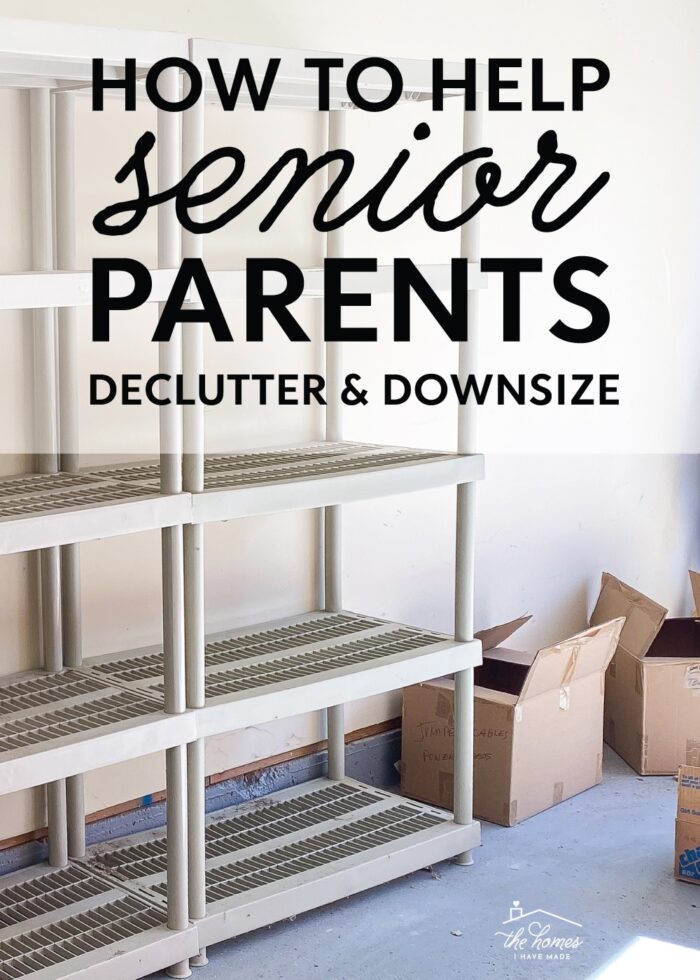
Real Life Story
Ten years ago, when my mother passed away, my three siblings and I commenced a many-months-long effort to downsize my father out of my (large and cluttered) childhood home into a two-bedroom, single-level house. So much of that decluttering was emotional and painful because it was mostly my mother’s possessions. But while we were tremendously sad, there was precious little fighting about what to keep (or not) because so much of it was hers.
As my father has continued to age, it became apparent in recent months that he needed to relocate to a more accessible unit within the same senior living community. And so, as I mentioned here, my siblings and I have been taking weekend “shifts” to prepare him for a smooth transition into his new space.
Not only was some decluttering required in order for him to fit into his slightly smaller condo, but we also saw this as an opportunity to refresh his space and rid it of the unnecessary accumulation he’s made over the last 10 years. This time however, the decluttering was much more personal since it’s all his own belongings; and with that, came much more difficult conversations and decisions.
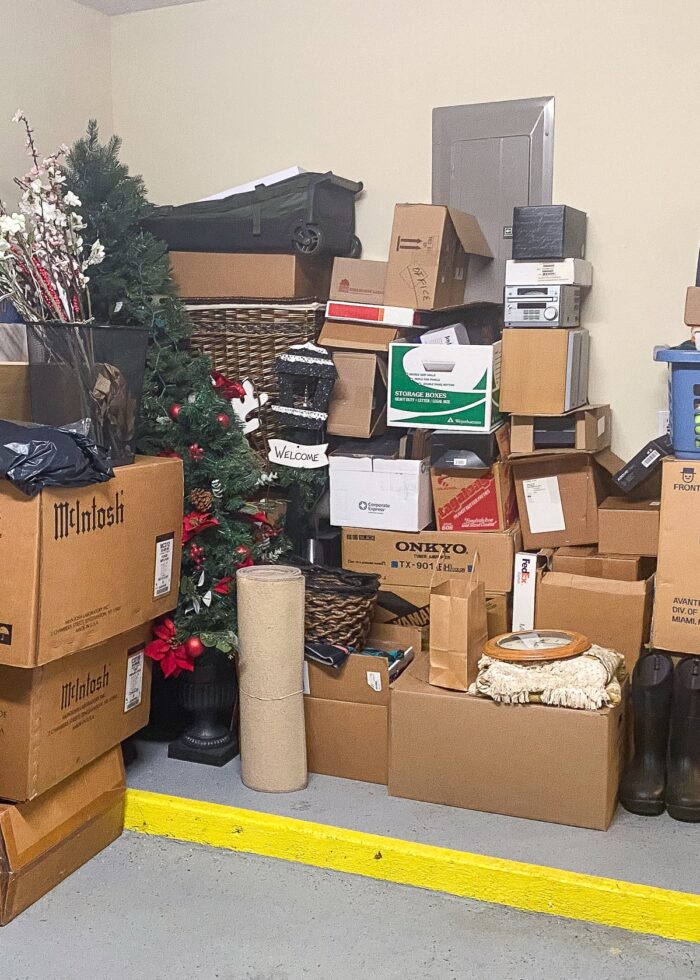
In short, his moving week was long and challenging on many levels, pushing our bodies and our relationships (potentially) a little too far. While he is now (mostly) comfortable in his new living situation, I look back on the week, both proud of our decluttering successes, but also a bit sad and embarrassed at some of the emotional and personal challenges we had to navigate (not always gracefully).
If you have an elderly parent (or someone in your life) who needs to downsize but is particularly attached to their belongings too, here are the strategies I found most helpful, as well as some that weren’t helpful at all!
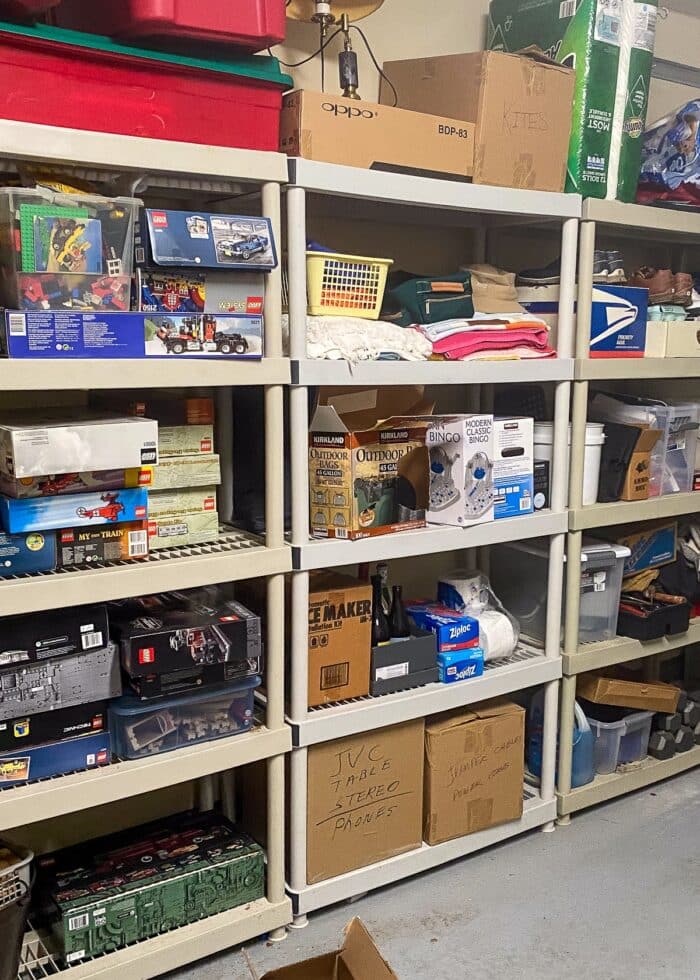
Things That Help When Helping Seniors Declutter
Capitalizing on Life Changes
Just as it was easier to get rid of my mother’s items because she was no longer with us, it becomes much easier to convince people to let go of things when there is truly no need. Changes in both environment and ability can allow even the most stubborn of people to acknowledge they don’t need certain items, and I recommend embracing and emphasizing these changes as much as possible. By far, my father losing his garage, front porch, and patio allowed us to get rid of a lot of his accumulation without much trouble.
Environment
Downsizing, losing certain rooms (e.g., garages, attics, sheds, porches, offices, basement, etc), or changing climates can help people get rid of associated items.
- Moving from the cold to the dessert? No need for the snow shovel or all the winter gear.
- Moving from a house with a deck to an apartment with no outdoor space? No need for outdoor flags, patio furniture, yard work equipment, or holiday lights/decor.
- Losing an office? Time to figure out different options for computers, printers, files, etc.
Abilities
As people age, they lose the ability to participate in certain hobbies such as sports (e.g., golf, tennis), recreation (e.g., bike riding, hiking), and even driving. Once a person accepts it is no longer safe or possible to do these things, they are usually much more willing to let go of the associated gear, as well.
Presenting Items for Decision
Asking our father to go through a closet or drawer in our absence (between visits) did not yield nearly the downsizing results we needed. Like a lot of us, he’d open said drawer, look around a bit, pull out one or two items, and declare it done. Very rarely did he give anything a real hard look or consideration.
Instead, we had much better “toss rates” when we held up each and every item for his decision. Yes, we emptied every drawer, closet, shelf, and file and presented items, one at a time, to him. (You better bet it was exhausting…for all of us.)
This approach was helpful for several reasons:
- By presenting each item, every single thing was given true consideration, whether he wanted to give it or not.
- Doing it together allowed us to push back when we sensed his decisions were lazily or hastily made.
- It forced him to truly confront the volume of items he owned. As he fatigued with the decisions, they became easier to make.
Giving Time
Quite frequently, there were some surprising items our father really pushed back on. While these items were clearly trash to us, he inexplicably wanted to keep them and wouldn’t budge with gentle prompting.
After learning that escalating into anger or judgement yielded the opposite results, we switched to setting these items aside (either for later discussion or to be put in the storage unit). Not every time, but often, he would circle back and realize he truly didn’t need the item(s) after all.
If you’re finding that your rational arguments for getting rid of something (e.g., space, condition, need) aren’t working, I recommend giving it time. While you can’t do this with everything, you might be surprised what they eventually come around on with time and perspective.
Acting on Decisions Quickly
That said, once the person you are helping (finally) makes a “toss” decision, move the item out of the physical space as soon as possible. Letting items remain in place or sit in visible piles will give them an opportunity to reconsider and possibly even change their mind (especially if the decision was a hard one). Instead of making piles, keep large trash bags and sturdy boxes on hand and move large items into cars or trash cans right away.
Tossing Trash
If your elderly relative has been in their home for any length of time, there is probably a fair accumulation of trash. Dead plants; expired foods and medications; old mail, magazines, and newspapers; outdated files; faded artwork; items needing repairs; and on and on and on. These things are much easier for people to justify getting rid of because…well…they are trash!
If you find yourself in a stalemate-type situation (where the person doesn’t want to get rid of anything), starting with trash is usually a safe bet. Plus, after you get a few bags full of trash out, decluttering progress is often visible, which can then get the person onboard with making harder decisions.
Identifying Acceptable New Homes
One of the biggest obstacles you will likely face is getting seniors to let go of good-quality, still-usable, and/or high-value items. Even if our father could acknowledge he didn’t need or want something, he often felt unsettled by just donating it. However, when we could find family, friends, worthy organizations, online auctions, estate sales, or consignment shops to accept the items, he was much more comfortable letting go.
If your elder has acknowledged they don’t need something but still won’t let it go, do some diligent research on other options before you “heartlessly” drag it off to the donation center.
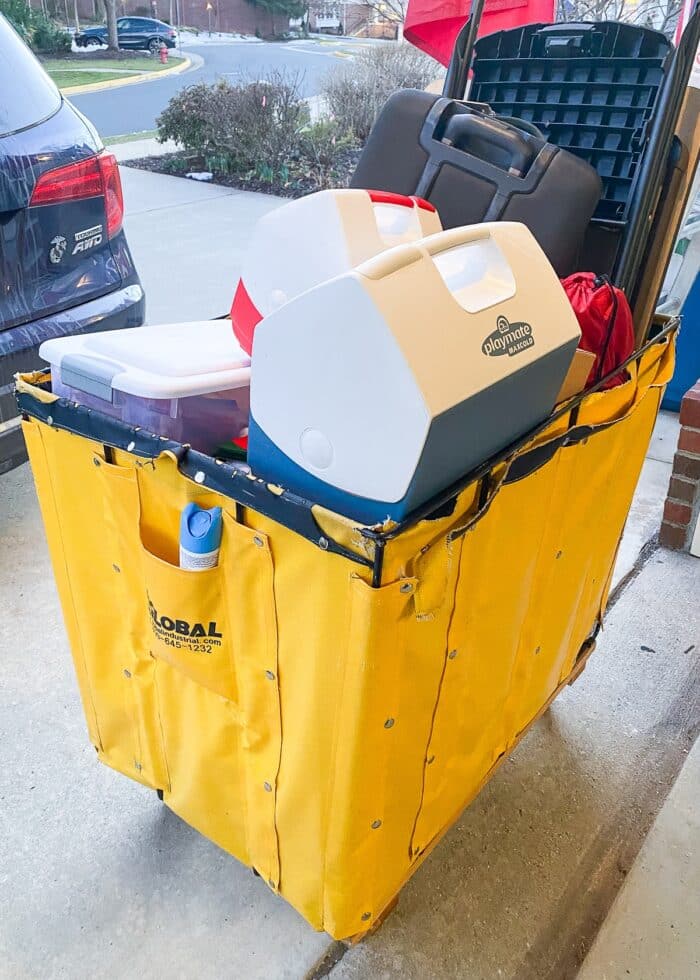
Acknowledging the Generation Gap
At 85 years old and coming from very modest means, my father is firmly in the “keep everything” generation. To him, everything was hard earned, everything has value, and tossing such items is both wasteful and unnecessary.
At 43 years old, I am much more from a “disposable” generation. If I haven’t touched it, worn it, or used it in a year or so, then I no longer need it. Regardless of how much it cost me or how good of quality it is still in.
I’m not sure either of these attitudes toward stuff is particularly “right,” but it certainly put us quite far apart on the decluttering spectrum.
While there is no easy way to navigate these fundamental differences in ideology, acknowledging this disparity when it exists can help keep perspective when tensions rise.
Accepting Their Preferences
Without a doubt, this one was (is!) the hardest for me. As you might expect, I prefer a fairly low level of clutter in my homes and have learned the value of living with less. So I was considerably “intolerant” when my father wanted to keep items that were either ugly or excessive. But he saw it quite differently. To him, these items weren’t clutter, but rather cherished possessions of a life well lived that he wanted to not just keep but also display!
I ultimately had to just let it go and accept that this was his home. And if he was comfortable with a certain level of stuff on the shelves, in the drawers, and on the walls, so be it. It’s not my place to force my preferences.
This shift in attitude requires a huge gulp in pride and acceptance (one I maybe haven’t yet fully swallowed down), but the sooner you realize this, the more content you will likely be after all is said and done.
Things That Don’t Help When Helping Seniors Declutter
Pressing Decisions
Without a doubt, there is value in pressing…gently…on your elderly family member to make difficult decisions. Especially if they say “keep” to every last thing you hold up. Oftentimes, with a gentle, “do you really need to keep this?” or “tell me why you want to keep this,” they will shift their position.
However, if they don’t come around after a few exchanges, drop it. Escalating and threatening will undermine your progress by raising stress levels and eroding trust; and sometimes, as was the case with my Dad, they will just buckle down even more. Gentle pressure is helpful, bullying is not.
Tossing Without Their Knowledge
It can be tempting to believe that older adults don’t really know what they own in the deep depths of their closets and drawers and crawl spaces (and for some, that very may well be true.) So it can certainly be tempting to just start tossing stuff without their knowledge or consent. But based on my own experiences, I really don’t recommend this approach if you can avoid it.
Because of sheer volume, I definitely found myself tossing some things of Dad’s that I really didn’t think were up for debate (or I just wasn’t up for the fight). But almost every single time, he asked about the items I tossed. And, every single time, I had to own up to the fact that I got rid of them without asking.
While we never got to the point where I had to go dig something out of the trash or donation bin, what it did do was erode his trust in me. He became defensive and protective over his belongings because he viewed me as sneaky and untrustworthy. While I initially saw this approach as a more efficient means to getting through particular spaces, it ultimately undermined our progress as a whole.
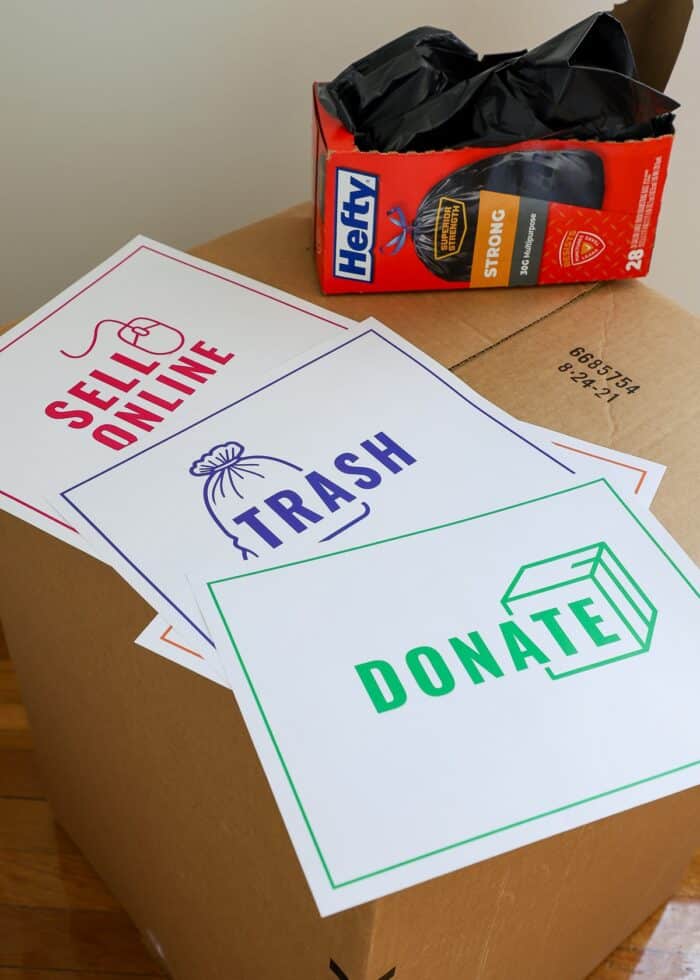
Judging
No one likes to be told that their clothes or belongings or home are ugly, cluttered, or dysfunctional. Even if they are. And even if you are the kind of family who can say anything to each other, these thoughts aren’t particularly helpful when everyone is stressed, tired, and emotional. If possible, check your judgement at the door and try to meet your family member where they are in terms of choices, motivation, expectations, preferences, and energy.
Expecting Perfection
There are a lot of battles that my siblings and I waged with my Dad that we did not win. At the end of the moving process, he still has too much stuff and more work (eventually) lays ahead of us.
But he also got rid of a lot. We pushed him hard and he responded in turn, agreeing to move on from certain stages of life, memories, and belongings.
At least based on my own experience, you will not get your elderly parents to get rid of every last thing you want them to. So decrease your expectations of perfection and take every and any “toss” victory you can get!
Need More Help Decluttering Your Home?
Here are my very best decluttering tips, tricks, and solutions!
- Learn How To Organize Any SPACE In 5 Steps
- Keep or Toss: Questions to Consider When Decluttering Your Home
- Donate Versus Sell | Getting Rid of the Stuff You No Longer Love
- 10 Tips for an Awesome (& Profitable) Garage Sale
- How to Declutter Your Entire Home Before a Move
- How to Declutter Your Kitchen from Top to Bottom
- Does It Spark Joy? My 1st KonMari Experience
- How to KonMari Craft Supplies
- What Happened When I Got Rid of Half My Kid’s Toys
- Helping Your (Senior) Parents Declutter | My Real Life Tips!
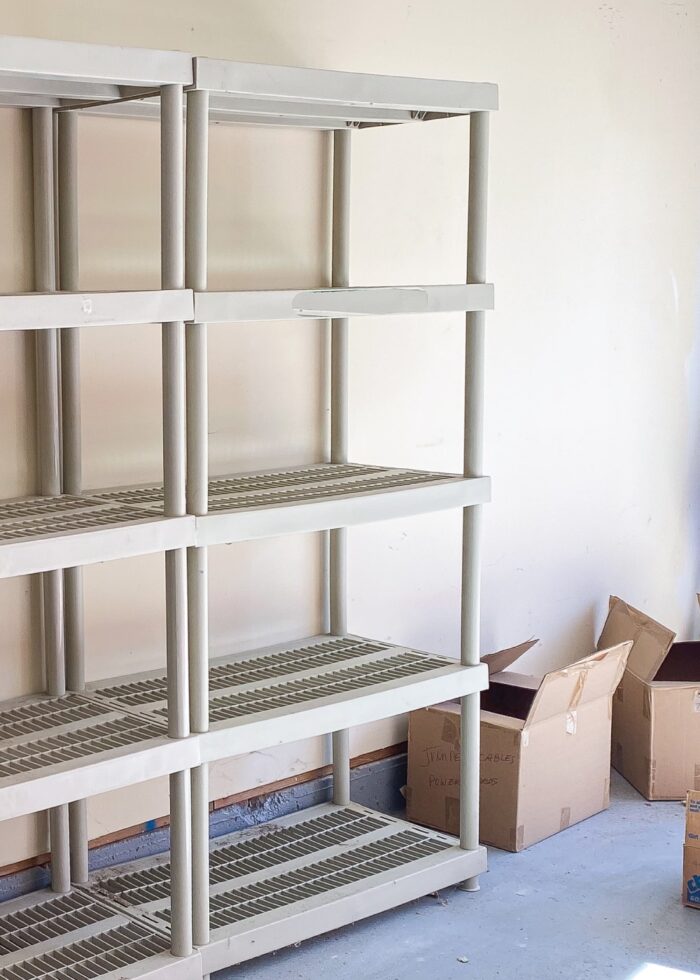
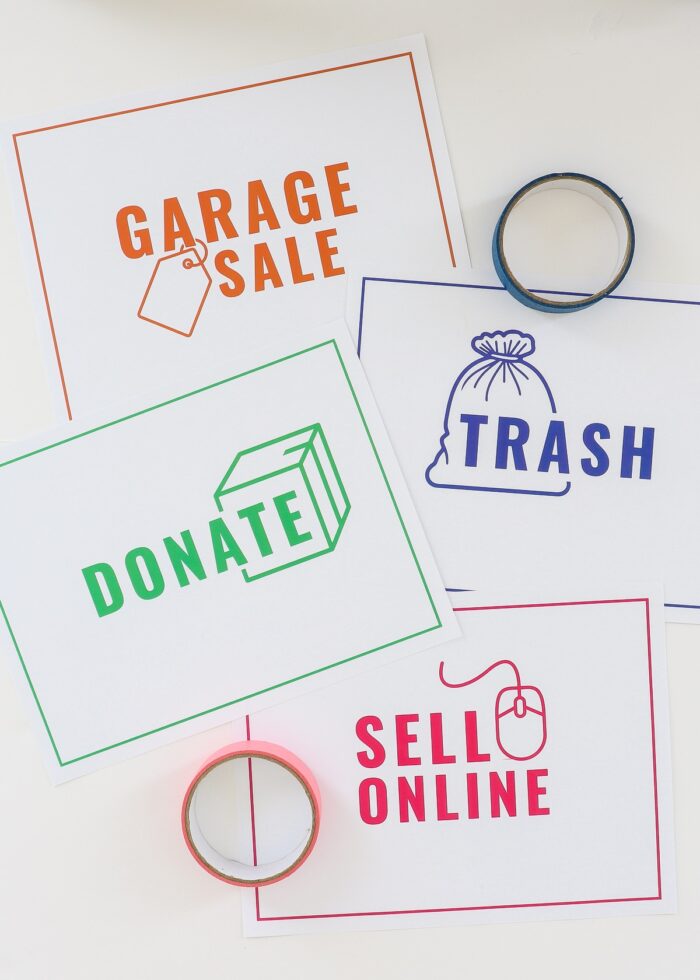
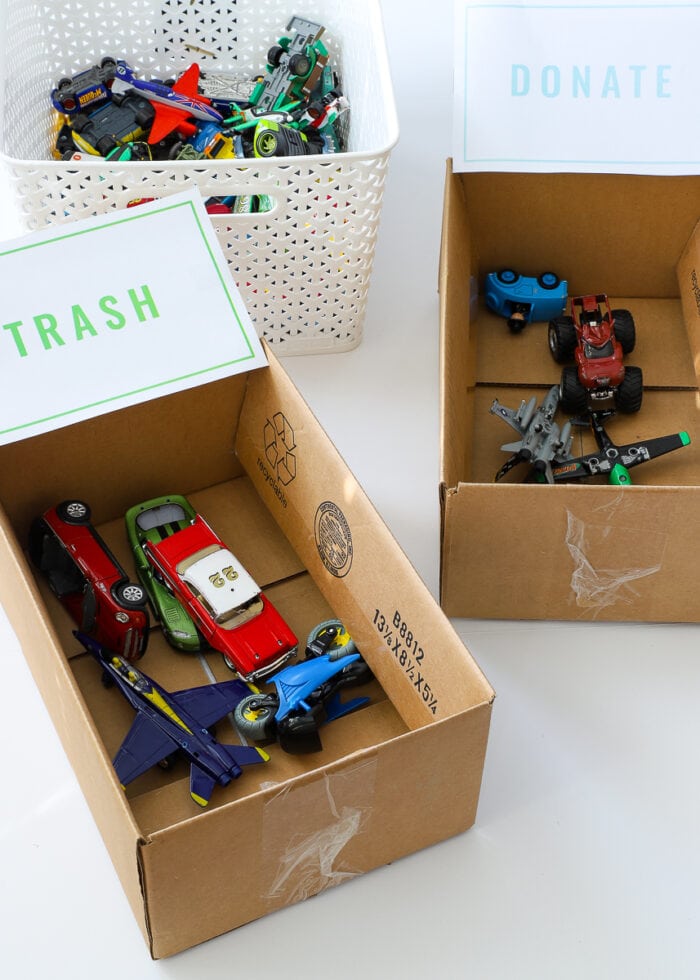
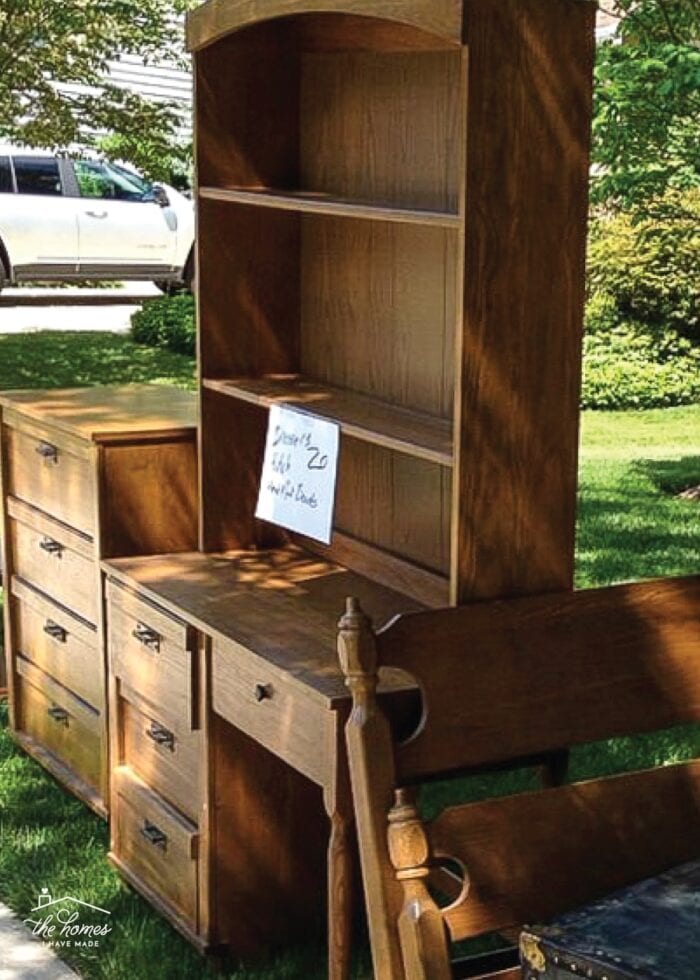
If my advice here gives the impression that decluttering with my Dad was a fairly traumatic experience, you’d be right. Because a lot of these lessons are now learned because I didn’t employ them and should have.
While the downsizing process can be so beneficial for our senior parents (in terms of cleanliness, safety, security, quality of life, etc), it can also be a really emotionally challenging experience for them. As a young(ish), feisty woman who has no problems tackling clutter head on, it was humbling to see that not everyone views stuff and clutter and excess the same way; and to acknowledge that my usual methods required bending so that we could make actual progress with our familial relationships in tact.
Helping elderly parents is not for the faint of heart; and if you find yourself in a similar position, I hope these downsizing tips help you harness all the grace and patience possible…because you’ll need it (as well as a HUGE box of trash bags)!
Megan


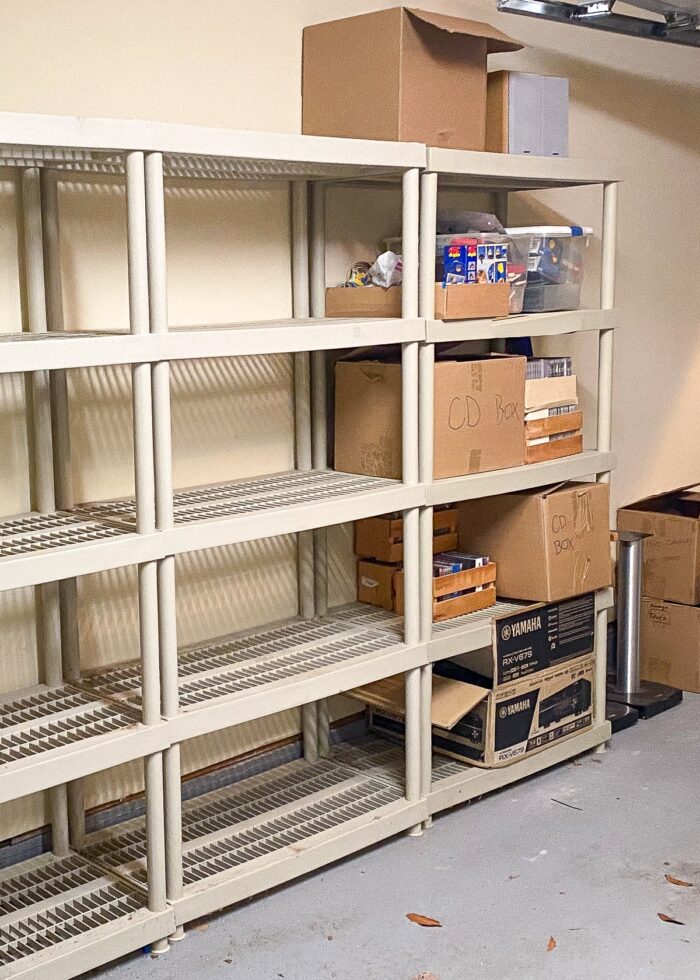
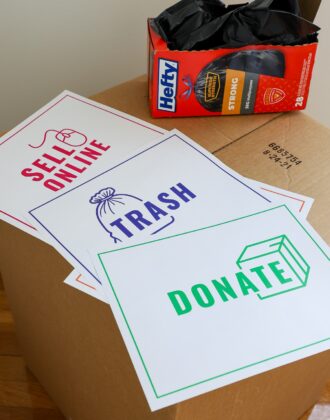
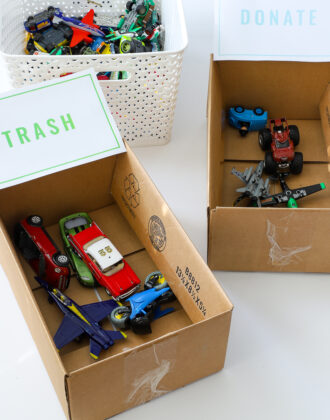
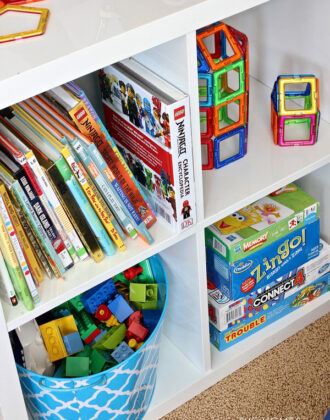
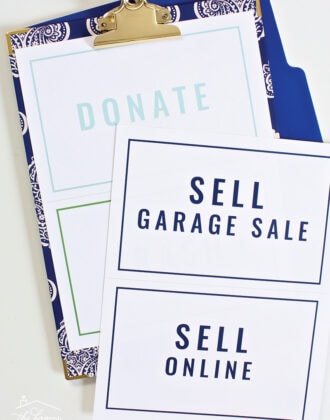

15 Comments on “Helping Your (Senior) Parents Declutter | My Real Life Tips!”
Been there, done that. And it is HELL. Give yourself a pat of the back if your family is still speaking to each other!
I’m a purger and my husband is a hoarder (from his parents). Reading this is … full-body feelings all over the place. Congrats on making it through and please don’t be too hard on yourself, Megan!! That was such a nice thing for you and your siblings to do.
What a kind daughter you are. I am 70 years old and have no children – I would have loved it if you were available as a “rent-a-daughter” when we downsized 3 years ago to half our square footage. Kudos, Megan!
Yes, Yes and Yes. My mother was a low-key hoarder and had attached emotional significance to EVERYTHING. It was painful and ugly, but it had to be done. Thank you for being so open and honest. Your words will help for the next go-round.
I had to clean out and sell my parents home in 2021. While my mom was still alive during this process, I tried to place myself in her shoes and ask myself how would I feel if someone was wanting to get rid of my life of possessions and memories that I worked hard to accumulate. While we want to really clear out things, it is about respect for their wants and opinions.
Funny, when we cleaned out my mom’s house after her passing, it was my 3 sisters that I had to convince to let her stuff go. And I’m not sure who’s going to clean their stuff, but it’s not me! I’m much like you Megan and have promised my kids I won’t do to them what both my parents did because the trauma is not worth it. Kudos to you and thank you for the article.
Thank you so much for writing about this. You did an amazing job, even if you feel it fell short of your ultimate goal! It’s so hard.
I wanted to share something that weirdly works in our family. My mother has a hard time letting things go. But she has an easy time bringing items to my house for me to either enjoy or rehome – she knows I access a “buy nothing” group where I can offer things to others. She has decided never to ask what happens to something she brings us (because sometimes, it’s truly trash). But when I can offer that some item went to a great new home, she loves hearing that someone can use an item. And so far, she hasn’t regretted letting go of a single item.
(Mind you – my parents still live in a single family home – so there is still A LONG WAY TO GO.)
Great article. My mom recently passed and my brother and I are the designated ones to manage closing her estate. She went through the depression and WWII and therefore kept everything. Also, she placed great value on items that had come down from her ancestors. It has been challenging going through all her stuff because so much of it also covers our memories. I was raised with the same value system, so I have a hard time getting rid of things. Going through all of her things (and then being reinforced by this article) has taught me to start going through my things and asking “Do I still need to keep this?” “Do I want my kids to have to go through this someday?”
Thanks for all the great tips you have shared on your blog.
I had a similar experience as another commenter (Trudy). My mom had to downsize a couple of times, and one of my sisters wanted her to keep everything! My mom would give me boxes on the sly to get rid of and she would say, “Don’t tell your sister!”. When my mom passed away, my oldest sister and I went through a lot of my mom’s things when my other sister wasn’t around. Of course we let her take things she wanted, but again, she want all of us to keep everything! Or she would say this thing or that was worth money and we should try to sell it. It was exhausting, and time consuming to deal with her on top of missing our mom.
All of your ideas are right on the money, Megan! Great work, and I hope your dad is happy!
This is excellent and so very true. Thank you for sharing. All your tips are great–I feel like you should be standing on a tall building yelling this for everyone to hear! Good job!
Ugh! I feel ‘ya! I came across an article once called “Your Kids Don’t Want You Stuff.” Ouch! What an eye opener! I loved my parents’ furniture, so it never occurred to me that our son would feel differently about the pieces we have that he grew up with. I started looking at our possessions through a new lens. Is he (married with a family & home of his own) going to want my Precious Moments collection? Solid cherry Colonial furniture? How about those romance novels? Craft supplies? Not likely! We began to downsize & declutter iimmediately. Whether he appreciates it or not, we’re enjoying having less stuff & more room already! 😀
You have my sympathy. I had to sell and clear out my parents home after my mother’s death. My dad had dementia and had ended up in a nursing home a few years prior so he wasn’t involved in the process. I’m an only child which made things both easier and harder. My sons were teenagers at the time and physically they were a huge help, as was my spouse but the emotional part was tough. My mother always made a big deal out of me keeping her china set ,so I did.. it’s not something that I would use and I sure don’t have cupboard space for it so it’s in tubs in the garage. One of my sons says that he’ll take it when he moves out, so I guess that makes keeping it somewhat sensible. There is a shoe box full of loose photos that is now in my office closet. Mostly of people and places I can’t identify. Somehow , I don’t have the heart to just chuck it out so someday my kids will get that job. Otherwise I just kept things that I could use, some nice mid century furniture, my mother’s hand mixer, a few pieces of plain white Correlle serving ware.
Great article. I’m living it. Felt the truisms of the article resonate all thru my body.
Hi Megan,
I have been reading your blog for a while. As an 82 y.o. that has just moved after 54 years from the only house I have known as a married person, I am glad you ultimately came to a better place with your father. If I may respectfully add…It isnt about the person trying to “help” but about the person who is having to face the reality of THEIR end of life, and the grief and sense of loss it produces. One cannot process all that on someone elses time table. Being bullied/cajoled by loved ones to “hurry up and lets get this over with” is a painful message to hear, at a time when the elder already feels the most vulnerable. All my best to you and your father.
What a great post! I have tried to get my mom to declutter over the years, and I realize now that I was going about it in the completely wrong way. Just because I like an uncluttered space, doesn’t mean that I get to chose how she lives. My mom has recently talked more about wanting to get rid of things, so hopefully employing some of your tips will help her make some decisions, when she’s ready. We all need that nudge sometimes. Thank you!